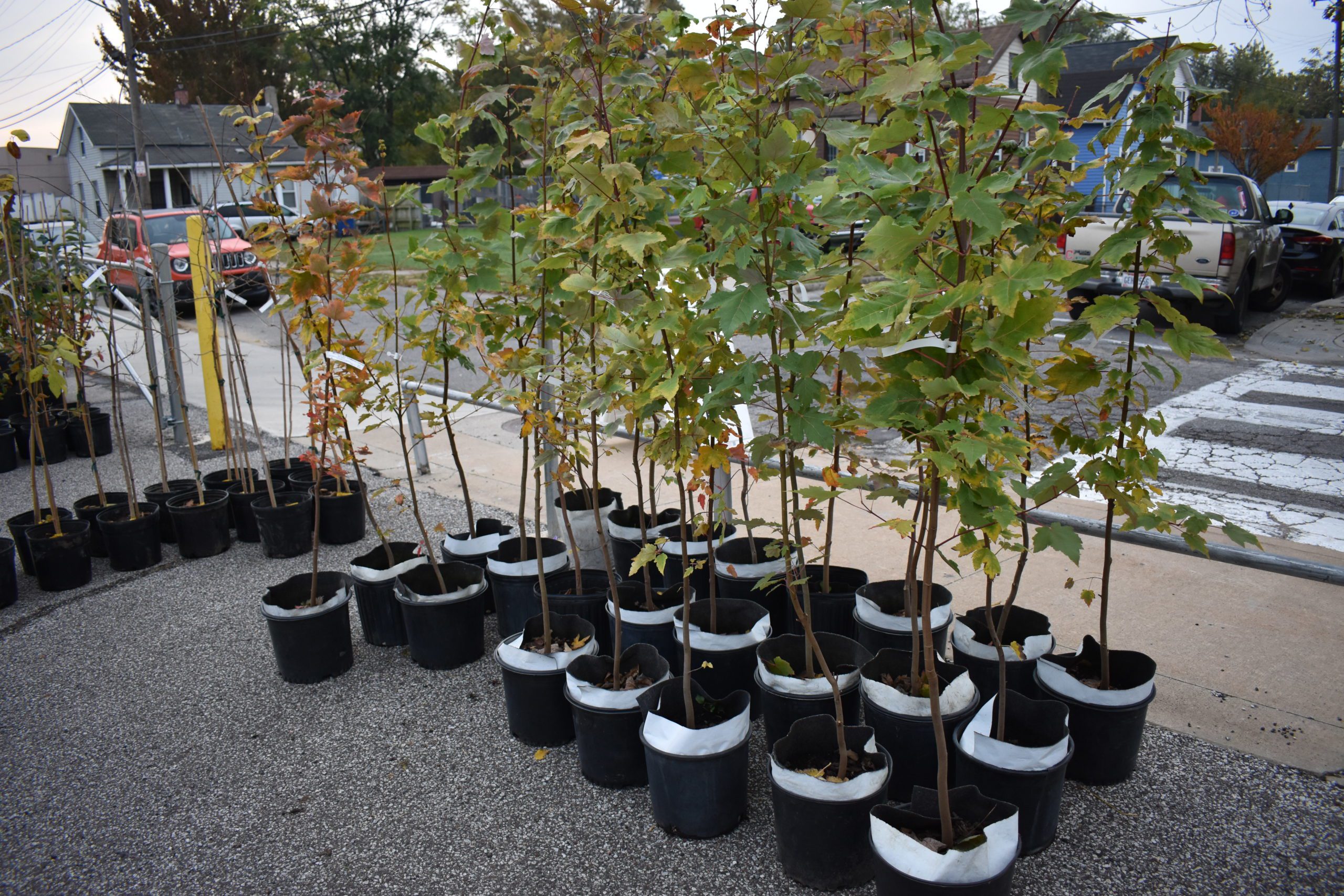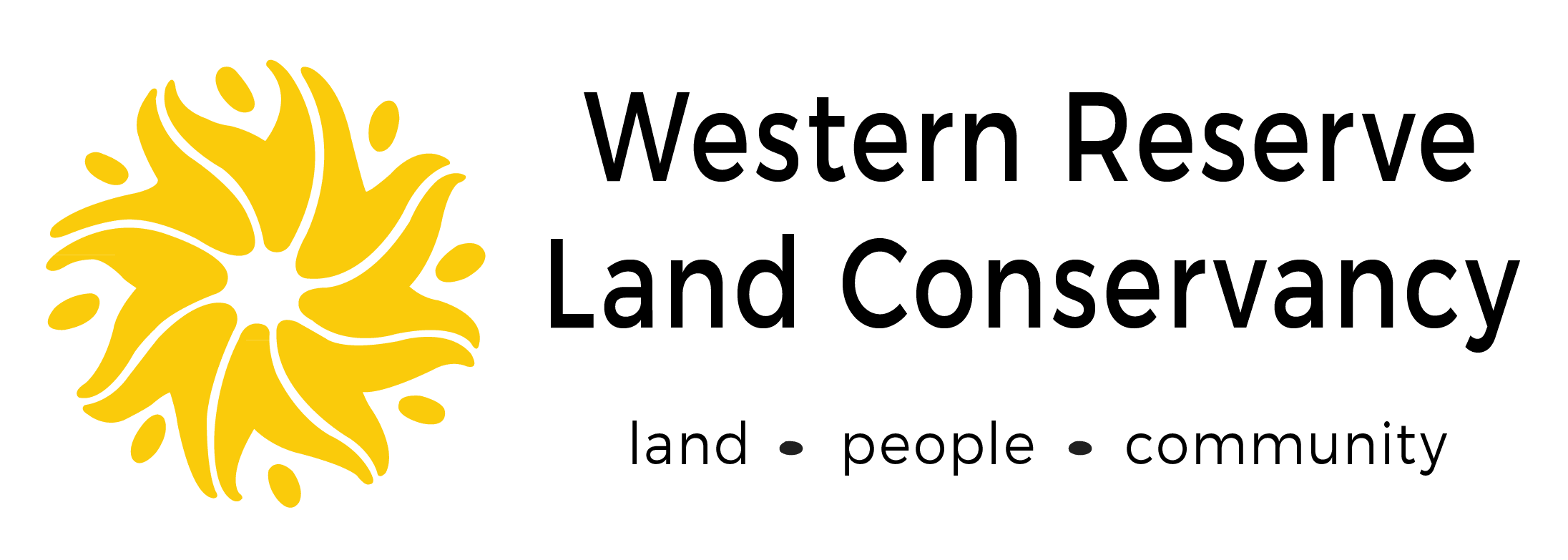
2021 Class of Sherwick Tree Stewards Complete Training
The planting, care and maintenance of thousands of trees across Cleveland requires a dedicated staff of well-trained volunteers. Tomorrow, the 2021 Class of Sherwick Tree Stewards will complete their final assignment and join the ranks of dozens of alumni who are a part of this vital community program.
On Saturday, April 17th, Western Reserve Land Conservancy – Ohio’s largest land trust – will hosted 15 Sherwick Tree Steward trainees for a final planting in Cleveland’s Central neighborhood.
In February, these volunteers attended 3-hour weekly Zoom sessions to learn tree biology, the benefits of trees, how to plant a tree and an overview of the Cleveland Tree Plan. In March, Tree Stewards attended a pruning lab in Slavic Village to learn the basics of tree pruning from local Master Arborists.
“The Tree Steward program is a great way for volunteers to do their part to plant trees and improve the quality of life for all Clevelanders,” said Matt Zone, senior vice president at Western Reserve Land Conservancy and director of the organization’s Thriving Communities program. “Sherwick Tree Stewards are valuable resources to their communities. They have the knowledge and skills to advocate for trees in their neighborhoods. They are playing a critical role in reforesting the Forest City and we congratulate them on becoming a part of this network of local activists.”
The Tree Steward program is a great way for volunteers to do their part to plant trees and improve the quality of life for all Clevelanders – Matt Zone
The 2015 Cleveland Tree Plan set a target to increase Cleveland’s tree canopy cover from 19% to 30% by 2040. Although the region has made progress in the past five years, according to the Cleveland Tree Plan: 2020 Tree Canopy Progress Report compiled by the Cleveland Tree Coalition, tree canopy cover continues to decline. Neighborhood canopy cover varies widely, ranging from 35% to 4% across the city! From heat island effects to stormwater benefits, the effect of urban forest decline affects BIPOC communities disproportionately, systemically. The 2020 update calls for the Cleveland community to rise creatively and collectively to grow an equitable canopy. This includes peeling many layers of systemic injustices to address health and environmental detriments, and creating just accessible and green opportunities in the process.
